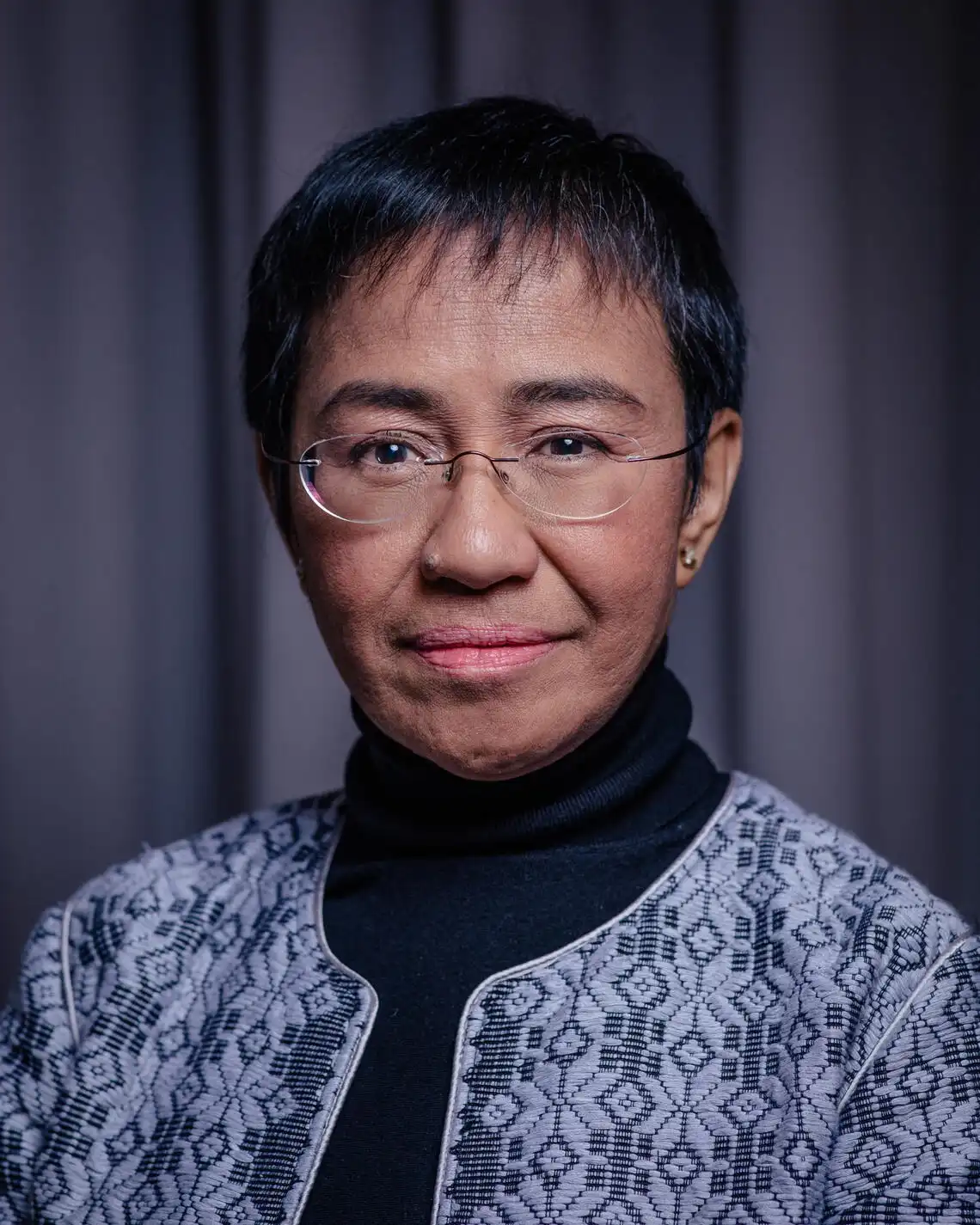
Maria Ressa - 2021
Prize motivation: “Fighting for press freedom”
PHYSIOLOGY OR MEDICINE – Monday, 2 October, 11:30 CEST at the earliest The Nobel Assembly at Karolinska Institutet, Wallenbergsalen, Nobel Forum, Nobels väg 1, Solna
PHYSICS – Tuesday, 3 October, 11:45 CEST at the earliest The Royal Swedish Academy of Sciences (Kungl. Vetenskapsakademien, KVA), Sessionssalen, Lilla Frescativägen 4A, Stockholm
CHEMISTRY – Wednesday, 4 October, 11:45 CEST at the earliest The Royal Swedish Academy of Sciences, Sessionssalen, Lilla Frescativägen 4A, Stockholm
LITERATURE – Thursday, 5 October, 13:00 CEST at the earliest The Swedish Academy (Svenska Akademien), Börssalen, Källargränd 4, Stockholm
PEACE – Friday, 6 October, 11:00 CEST The Norwegian Nobel Committee, The Norwegian Nobel Institute (Norska Nobelinstitutet), Store Sal, Henrik Ibsens gate 51, Oslo
THE SVERIGES RIKSBANK PRIZE IN ECONOMIC SCIENCES IN MEMORY OF ALFRED NOBEL – Monday, 9 October, 11:45 CEST at the earliest The Royal Swedish Academy of Sciences, Sessionssalen, Lilla Frescativägen 4A, Stockholm
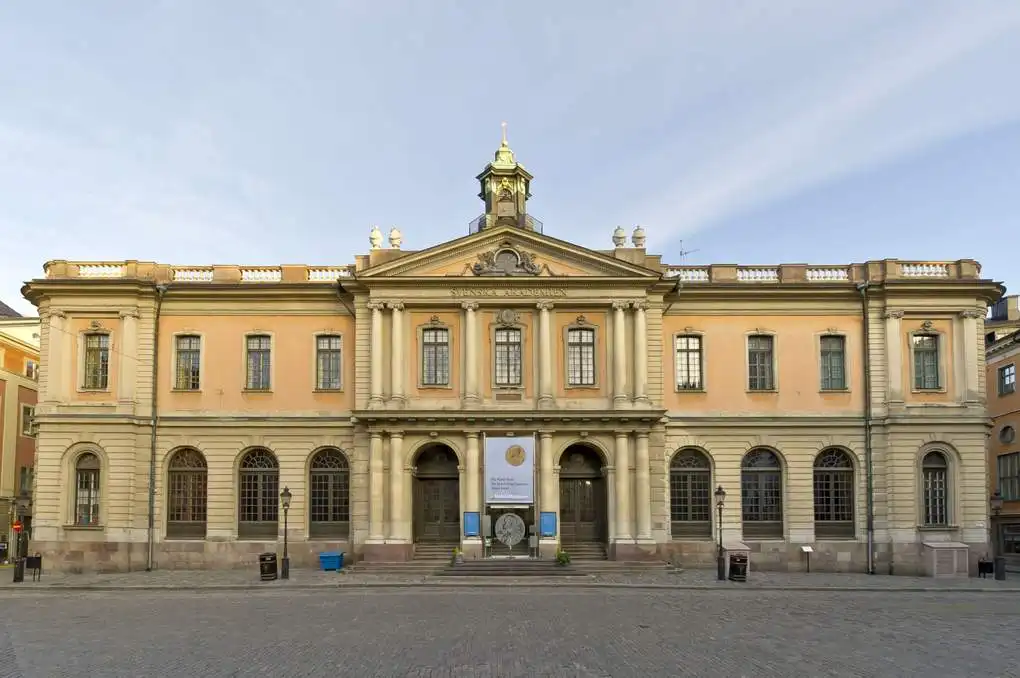

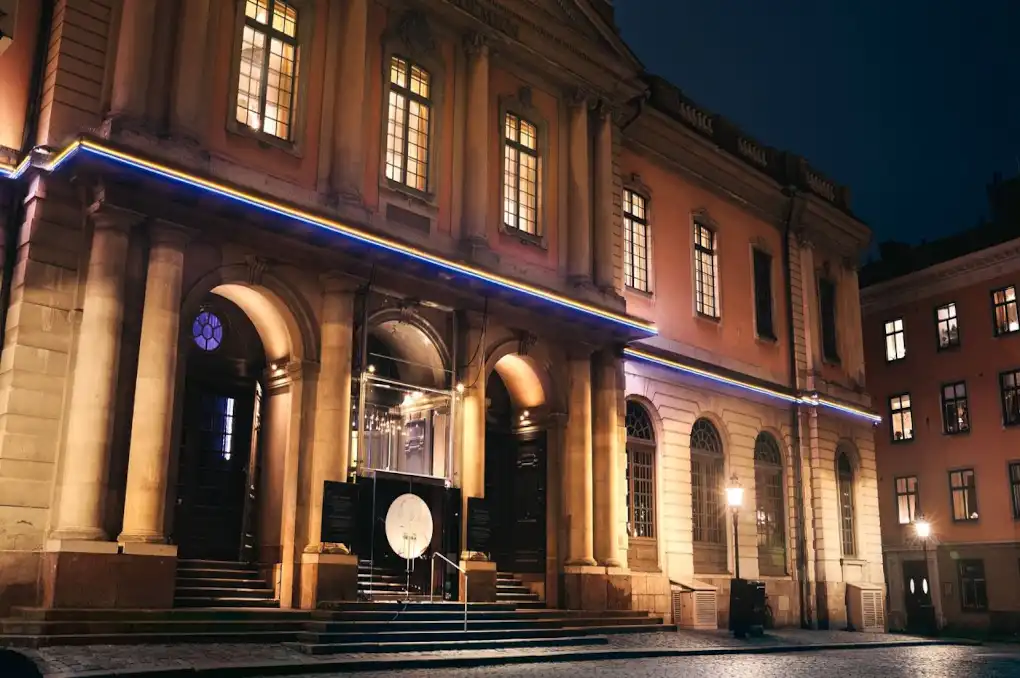
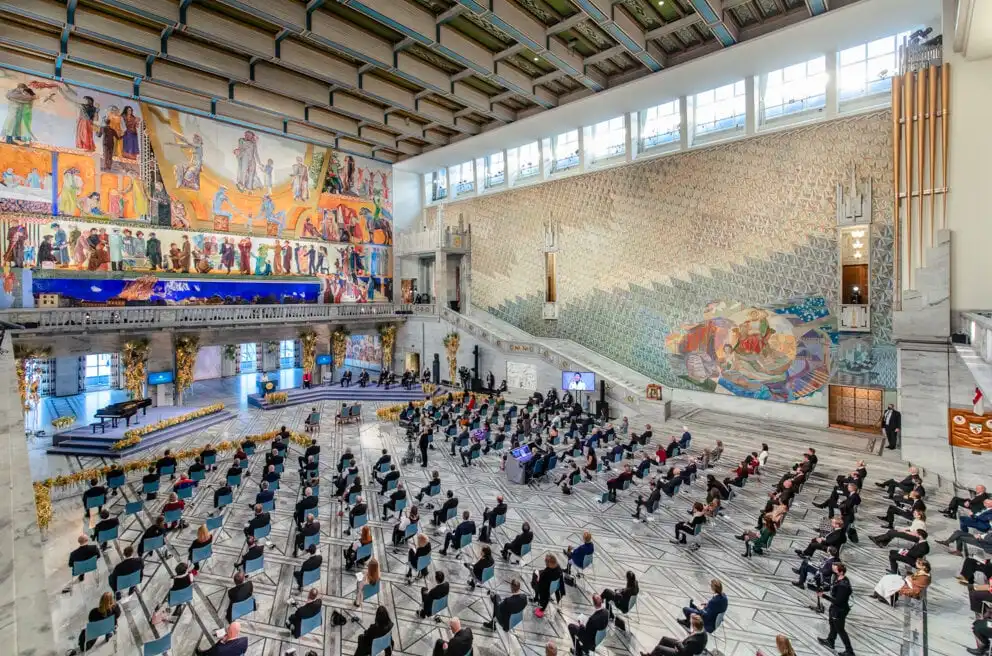
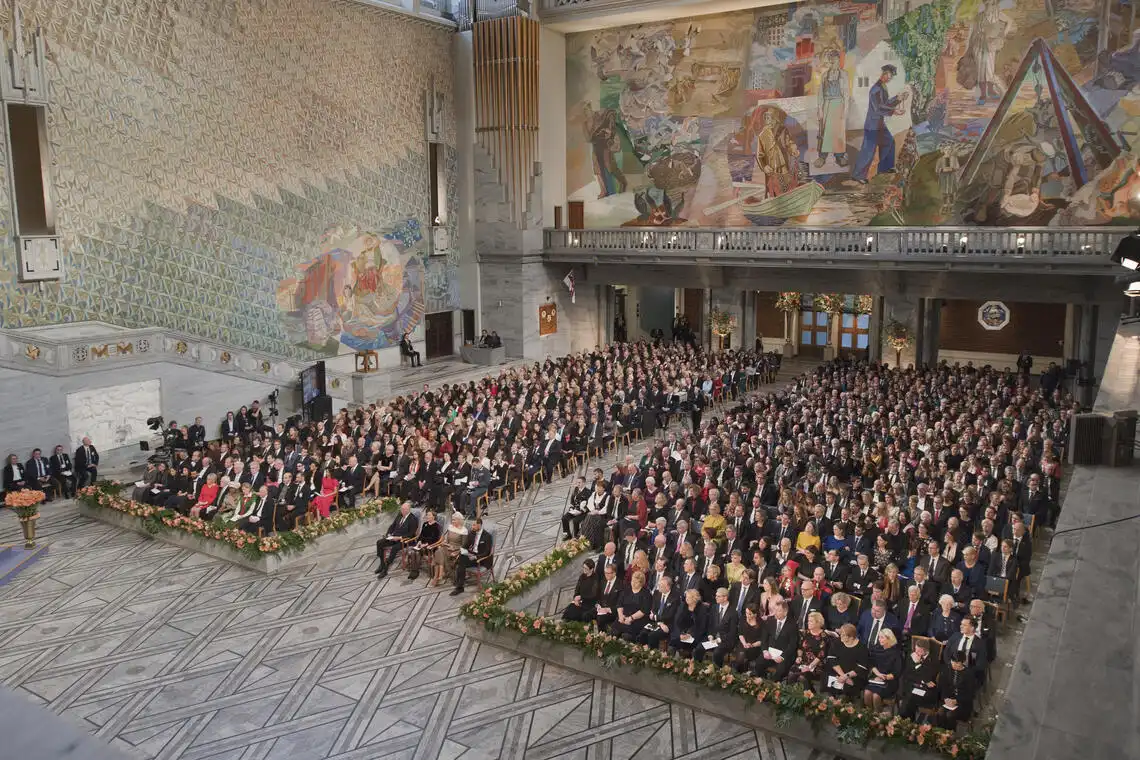
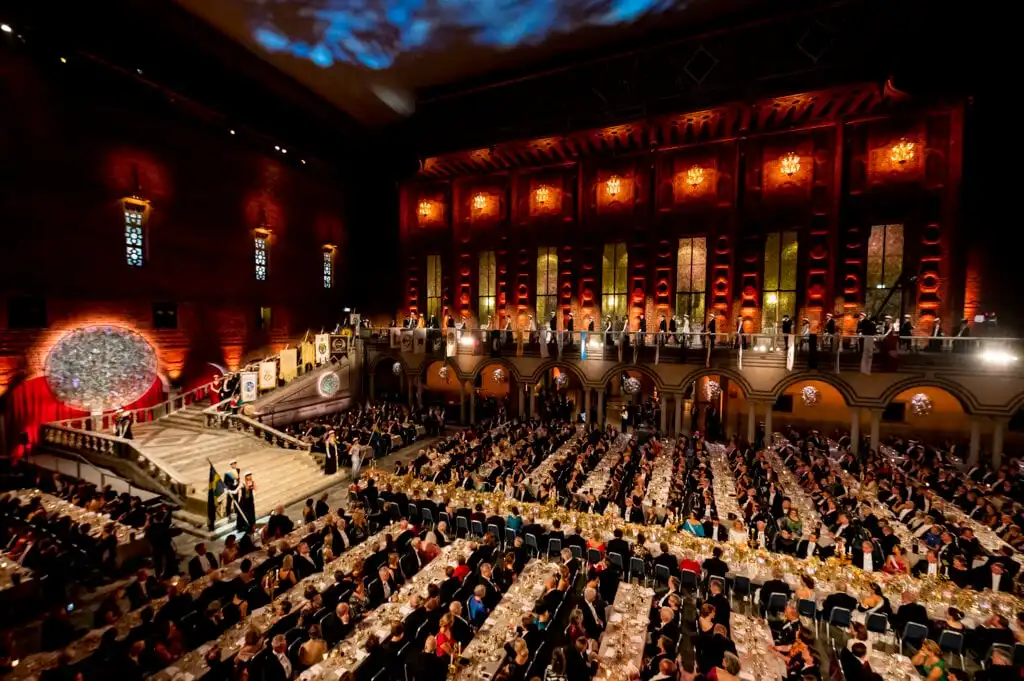
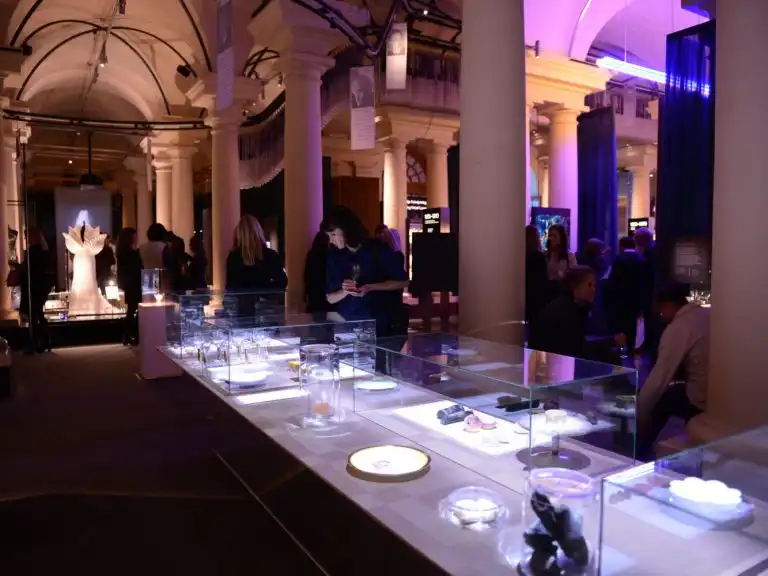
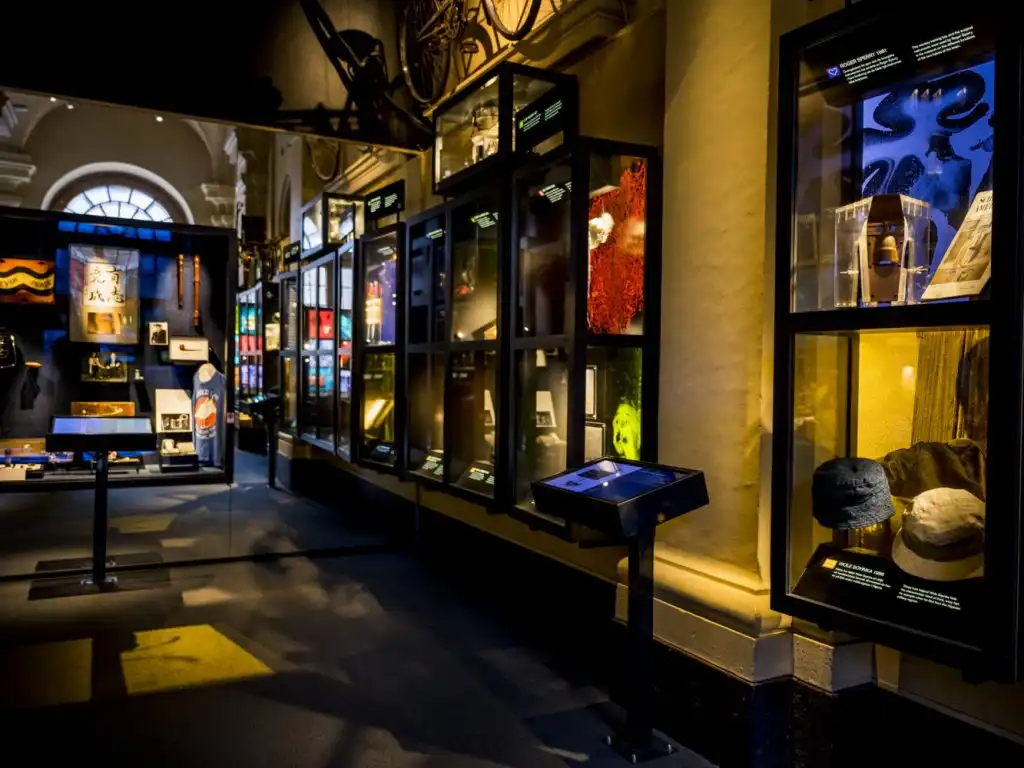
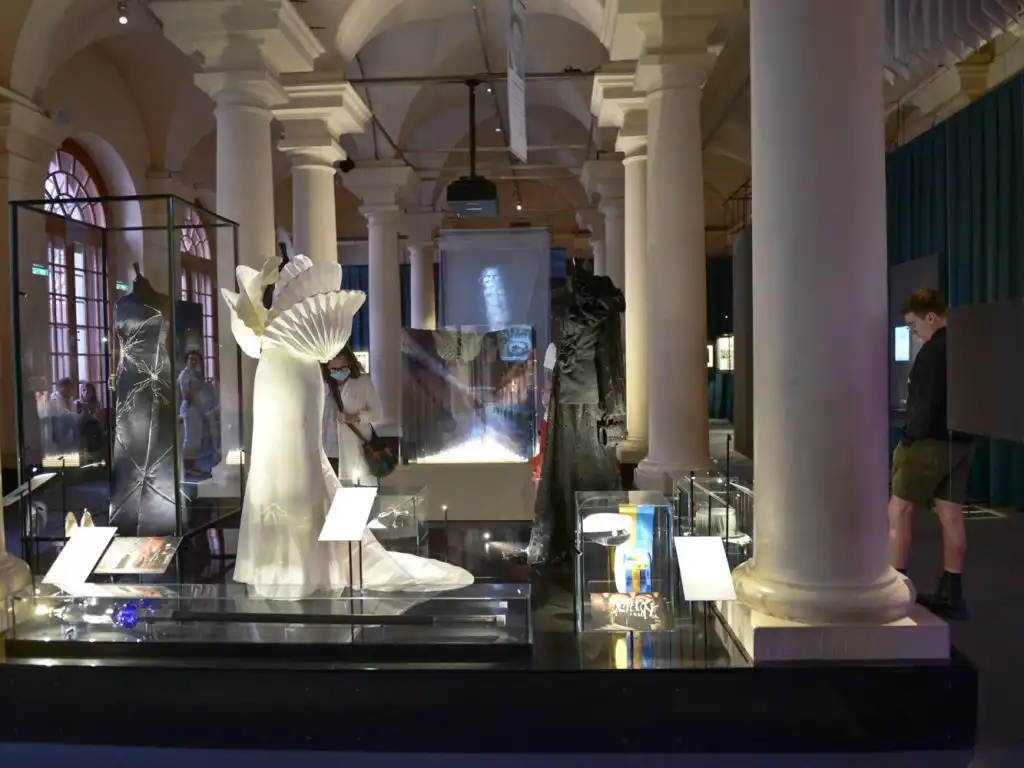
The Nobel Prize awards, a globally renowned honor, trace their origins to the visionary philanthropy of Alfred Nobel. A Swedish inventor, engineer, and scientist, Nobel's life was punctuated by numerous groundbreaking inventions, most notably dynamite. However, as he witnessed the devastating potential of his creations, he sought to redefine his legacy and contribute positively to humanity.
In 1895, Nobel penned his last will and testament, articulating his wish to allocate the bulk of his substantial fortune to establish a series of prestigious prizes. These prizes were to recognize outstanding achievements in the fields of physics, chemistry, physiology or medicine, literature, and peace. Nobel's vision was rooted in the belief that these disciplines held the key to advancing and bettering human civilization.
Following Alfred Nobel's passing on December 10, 1896, his will was executed, and the Nobel Foundation was established in 1900. This foundation took on the responsibility of managing the financial aspects and administrative duties of the Nobel Prizes, ensuring that they were awarded annually to deserving recipients in accordance with Nobel's wishes.
The first Nobel Prizes were presented on December 10, 1901, commemorating the fifth anniversary of Nobel's death. These initial awards marked the beginning of a tradition that continues to this day, celebrating remarkable contributions to science, literature, and peace across the globe. Over time, the Nobel Prizes have grown in prestige, solidifying their status as some of the world's most esteemed accolades, inspiring countless individuals and organizations to strive for excellence and positive change in their respective fields.